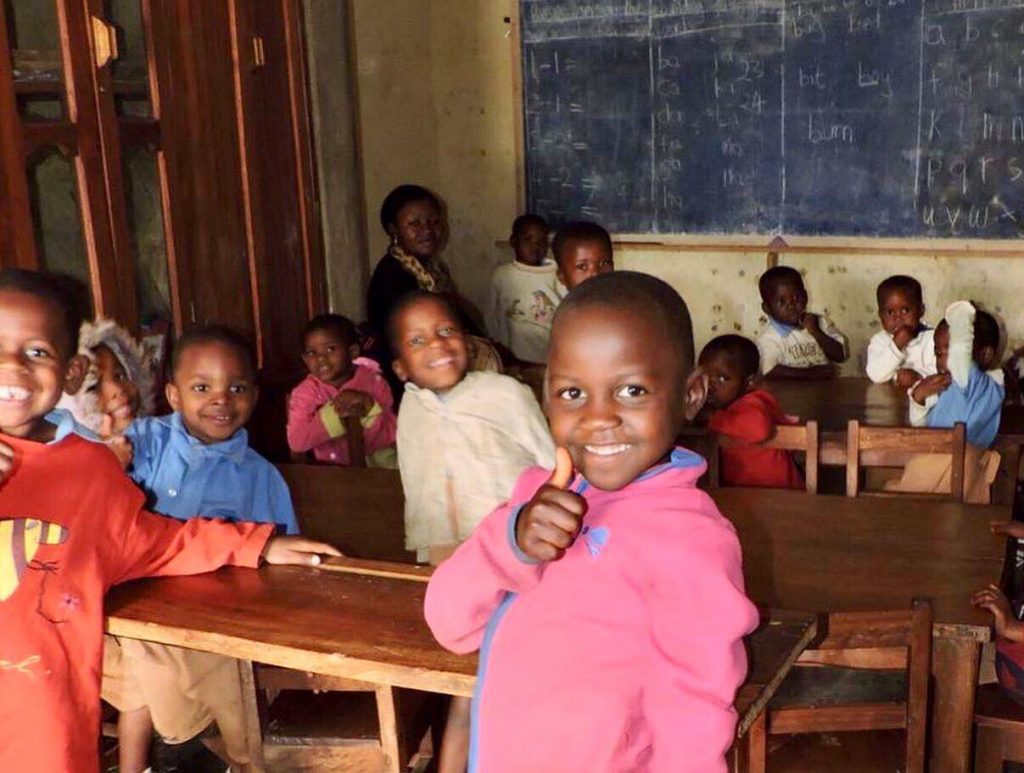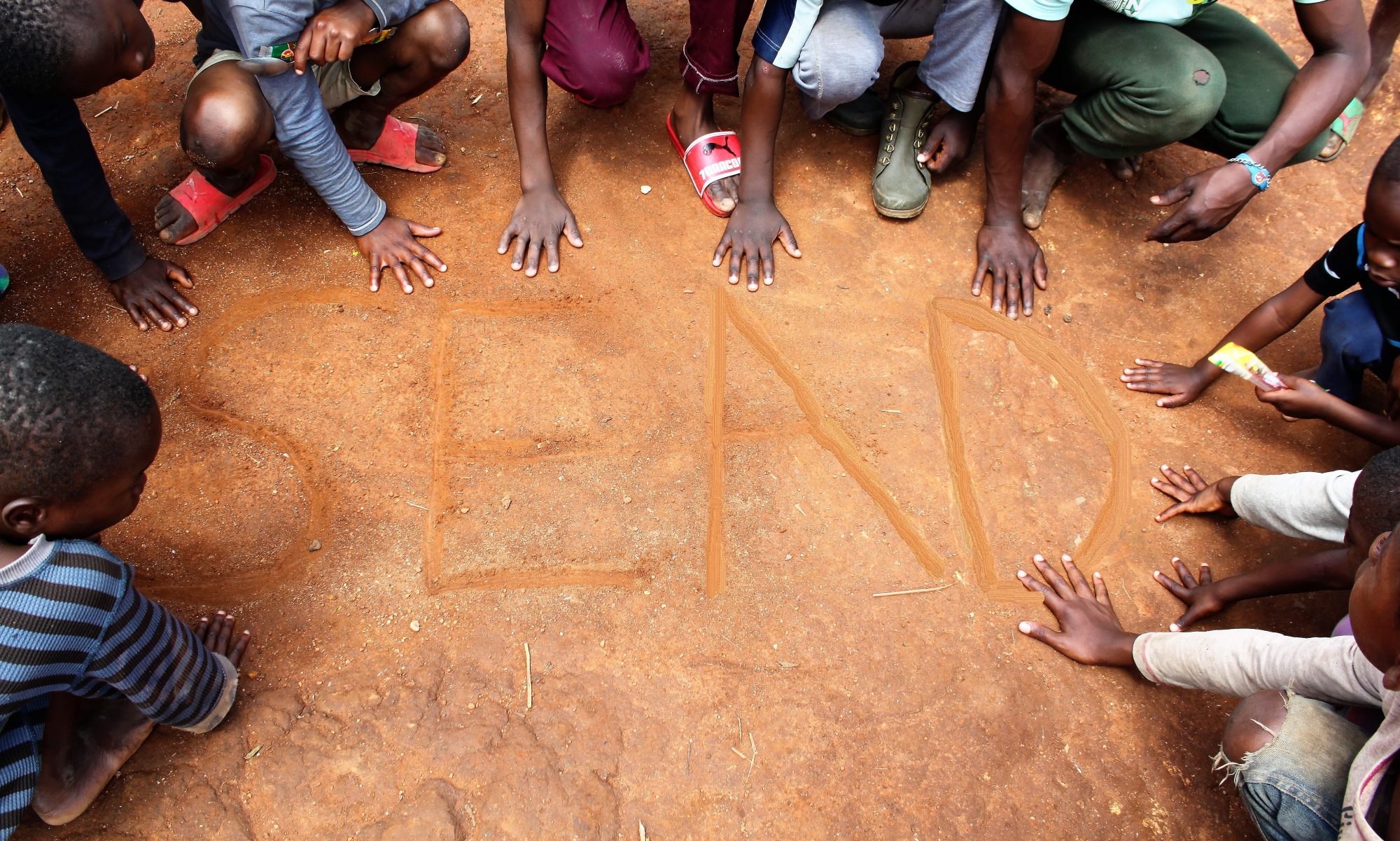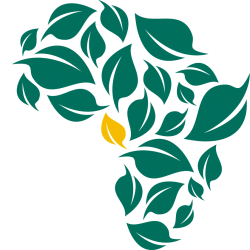The process of learning at Good Shepherd Home
Report from Heidi Katz

In 2014 I traveled to Cameroon for the first time to spend six months at Good Shepherd Home. Cameroon wasn’t a country I had heard much about prior to contacting them and requesting to visit. This meant I really had no expectations or clear idea of what I would be getting myself into. I think this actually made the process easier. I was able to process each new experience step by step. My only purpose was to fully immerse myself in a new culture and learn something from it.
My biggest take-away from living at GSH was what hard work looks like. Whether it is in school, on the farm, or in the kitchen, those living at GSH work hard every day. During my time there I observed how older children would leave for school before many of us were even awake, and they often wouldn’t get back until the sun was setting. They would then help out around the home, before going to the dorm to finish their assignments, often working until the early hours. They pushed themselves with the faith that their hard work would pay off eventually and the degree gained from attending school would enable them to obtain a brighter future.
For many of us living in other areas around the world, education is taken for granted. It is a guarantee, along with food, water, and shelter. Thus, it has lost its value. Instead of viewing it as a path to freedom, we see it as a constraint. It isn’t until later that we can reflect back and appreciate the education we were given.
Amartya Sen, an economist and philosopher, developed the capability approach to social justice, which evaluates equality in terms of individual freedoms that enable people to lead lives they personally value. ‘Capability’ in the approach refers to the freedom someone has to choose a life they have reason to value. The wider range of possible ‘functionings’ (learned skills or states of being) one acquires, then the greater their Capability. While the approach is ethically individualistic, individual freedom is seen as a means to strengthen the entire community. Thus, education serves to enhance individual opportunities so learners can pursue a life they value, while at the same time education is instrumental in enabling individuals to participate in the community and economy. According to Sen (1999), Education is one of the basic capabilities that is a prerequisite to wellbeing, along with health, political freedom, economic facilities, and protective security. By having these basic capabilities, one is more able to live a life they value, which is how Sen defines well-being.
The crisis is in many ways preventing children in Cameroon from acquiring basic functionings, but when considering GSH, the children are supported daily in acquiring skills to be successful. They are given tasks and responsibilities, and once they have mastered these tasks they often are given even more responsibility. They learn from and with each other; through trial and error and observation. While much of the Anglophone region is currently stagnant due to the crisis, these children are still able to grow because they have so many highly skilled older family members to teach them. This is one of the many beauties of living in a home with such a diverse group of people; everyone brings something unique to the table.
The other elements of SEAD – sustainability, agriculture, and development -are directly related to education. The older children guide the younger children in working the farm (Agriculture) and contributing to projects. This helps the orphanage Develop and grow stronger, becoming more self-sufficient and Sustainable over time. Education is a constant component throughout all of it, since the children are learning through hands-on practice. The ideal is for children to return to school so that they can continue to develop academically, but I believe the strength of the home has revealed itself even more so during the crisis.
– Heidi Katz-

